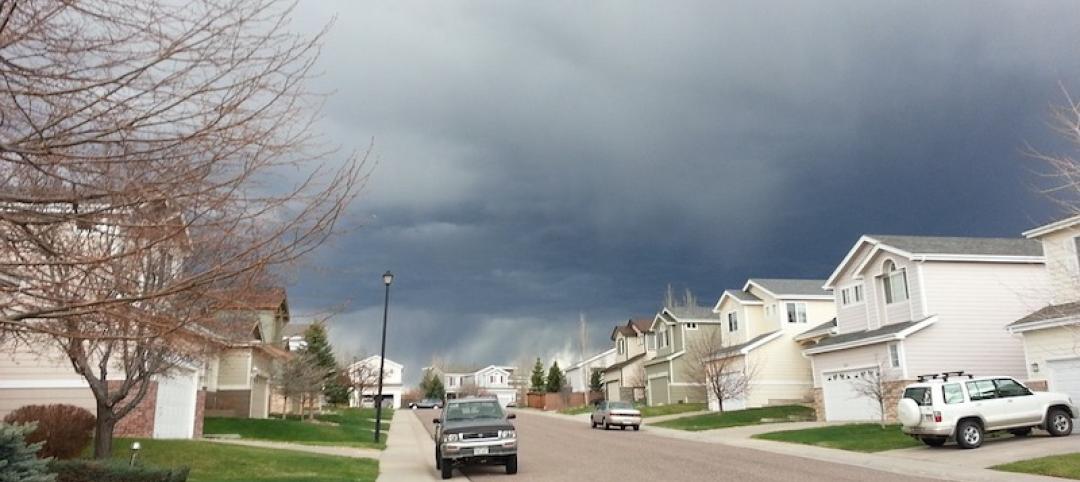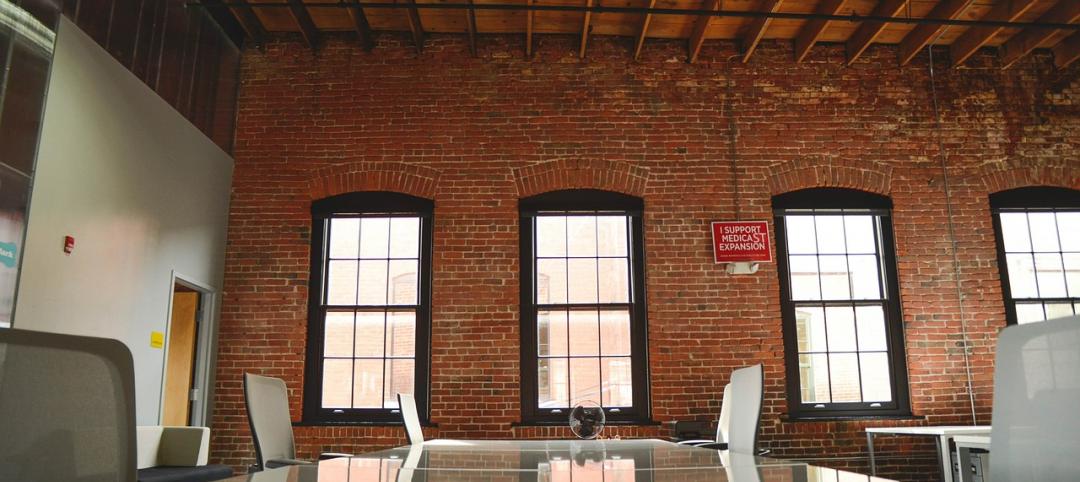A new study from Carnegie Mellon University found that LEED-certified federal buildings are not using less energy than non-certified federal buildings.
The finding may be due to trade-offs in how their energy score is developed with energy use being just one of many attributes examined by the LEED program. In some cases, owners and developers may trade off energy savings for other goals to improve design and comfort in buildings.
For example, energy consumption from sensors in water-efficient bathrooms and landscaping systems may reduce building energy efficiency. “If energy efficiency is the primary policy goal, LEED certification may not be the most effective means to reach that goal,” according to the study’s report.
Overall energy consumption also depends on usage. If the building is used more after a renovation, then more energy may be consumed.
The study examined 1990-2019 data from GSA’s Energy Usage Analysis System and the Green Building Information Gateway to consider the impact of LEED certification on federal buildings.
Related Stories
Codes and Standards | Aug 9, 2019
Cities modify density zoning to spur more affordable housing projects
Solutions include eliminating single-family zoning and allowing taller apartments in higher-density zones.
Codes and Standards | Aug 8, 2019
More designers focusing on acoustic properties of buildings
Recognition that structures should be acoustically satisfying.
Codes and Standards | Aug 7, 2019
Illinois law makes all single-occupancy restrooms gender-neutral
All must comply by January 1.
Codes and Standards | Aug 6, 2019
New technology, aligning training with local trends among keys to workforce development
Construction industry must also invest in training, recruiting high school students.
Codes and Standards | Aug 1, 2019
Planners, city official rethink parking requirements on new projects
Reducing number of parking spots frees up land for ‘more purposeful’ uses.
Codes and Standards | Jul 31, 2019
USGBC-LA chooses first ‘Net Zero Accelerator’ technologies
Wide range of solutions address numerous environmental challenges.
Codes and Standards | Jul 30, 2019
Solar brokerage will provide financing for small/medium businesses
First to fund solar for smaller-scale commercial operations.
Codes and Standards | Jul 29, 2019
ASCE group unveils structural safety database
Confidential reporting on structural failures, near misses, and other incidents.
Codes and Standards | Jul 26, 2019
Floating landscape infrastructure wins top ASCE innovation prize
Climate resiliency a key theme of entrants.
Codes and Standards | Jul 24, 2019
New York making slow progress on resiliency seven years after Hurricane Sandy
Property owners face many challenges; coastal defense project plans are complex and need more time to plan.

















